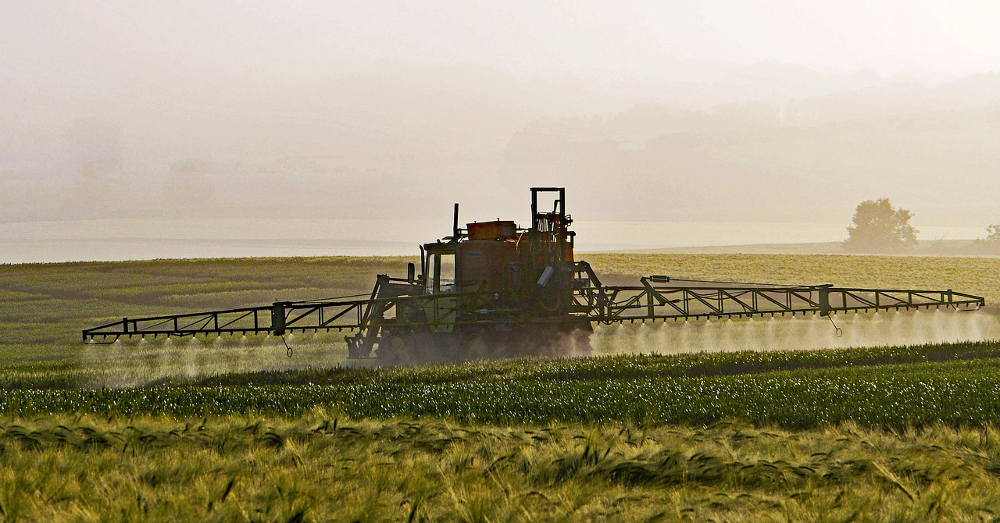
Agricultural Pesticides Linked to Non-Hodgkin Lymphoma
The United States uses about 1.1 billion pounds of pesticides each year.1, 2 Worldwide pesticide use amounts to approximately 5.2 billion pounds annually. There's little doubt that the current pesticide load is taking a toll, as mounting research...
June 3, 2014 | Source: Mercola.com | by Dr. Mercola
For related articles and more information, please visit OCA's Genetic Engineering page and our Million Against Monsanto page.
The United States uses about 1.1 billion pounds of pesticides each year.1, 2 Worldwide pesticide use amounts to approximately 5.2 billion pounds annually. There's little doubt that the current pesticide load is taking a toll, as mounting research has linked pesticides to an array of serious health problems.
Processed foods form the basis of nearly everyone's diet, as 95 percent of the food Americans buy is processed. If this is you, then you can consider yourself in the highest risk category, as such fare tends to contain the greatest amounts of hidden genetically engineered (GE) ingredients, and hence the highest pesticide load.
Avoiding pesticide exposure – around your home, in your community, and via the food you eat – is important for reducing your risk for a number of chronic and devastating diseases, including Parkinson's and DNA damage indicative of early-stage cancer.3, 4
Now, with the publication of a new meta-analysis,5 the evidence linking pesticides to cancer is stronger than ever. The analysis, which included 44 papers exploring the impacts of pesticide exposure on non-Hodgkin's lymphoma, concluded there appears to be a strong link between the two.
The study, which was done by a team at the International Agency for Research on Cancer in France, covering nearly three decades' worth of epidemiologic research, will likely be taken seriously worldwide.
